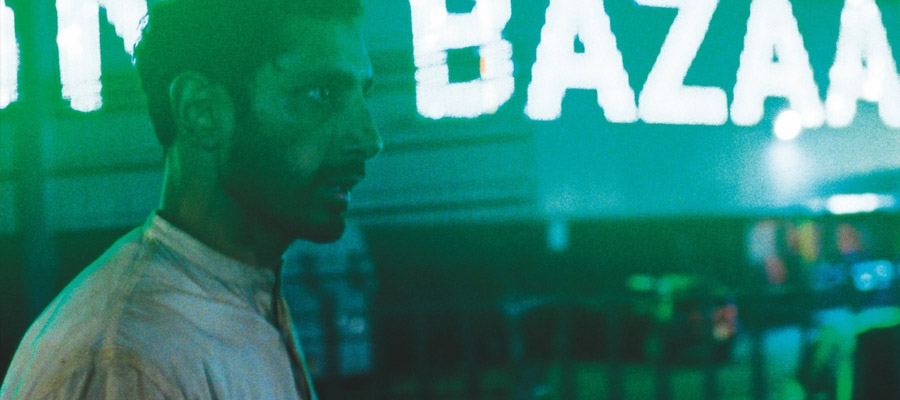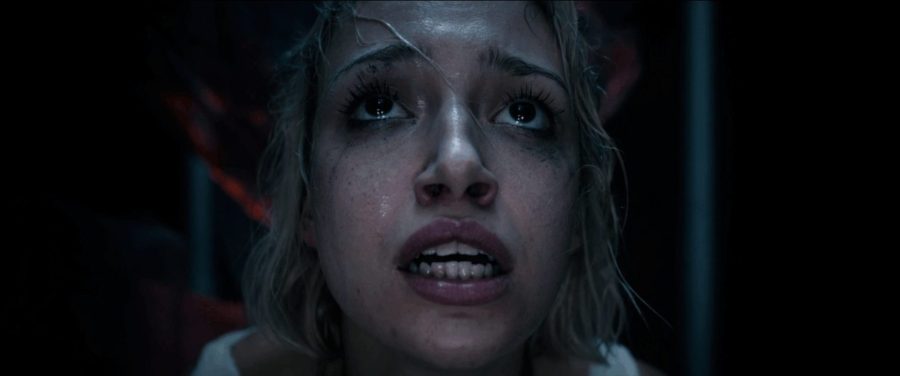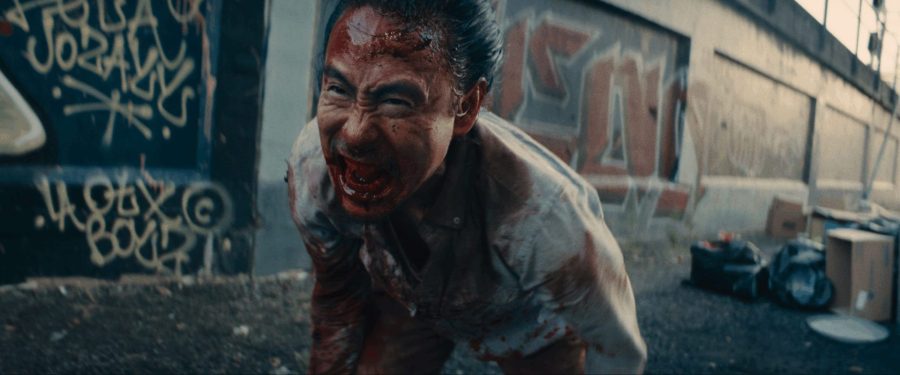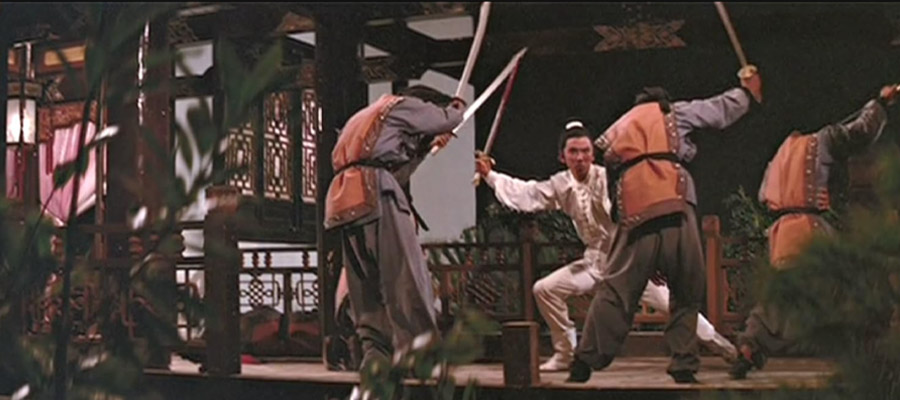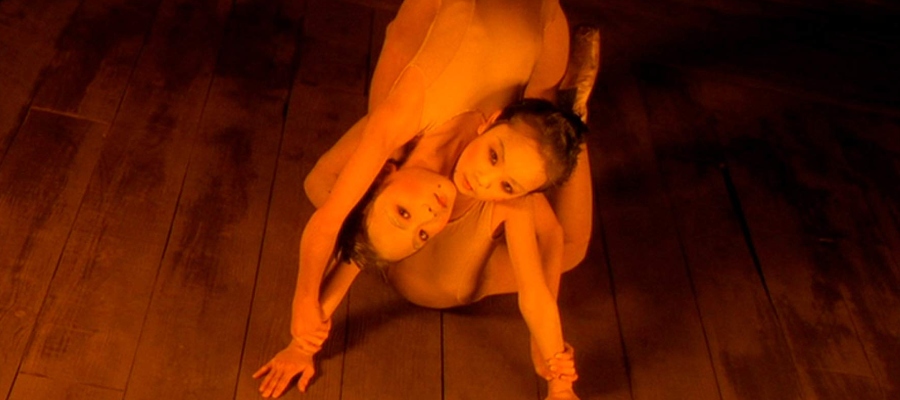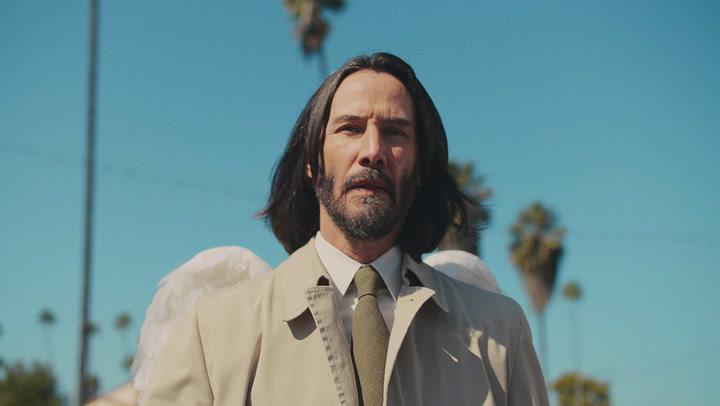This pacy adaptation of Shakespeare's longest play shifts Shakespeare's verse and prose from medieval Denmark to contemporary South London, where an Asian family has built its wealth from the Elsinore Property empire.
Hamlet is an intriguing follow-up to The Long Goodbye, the short that won Ahmed and director Aneil Karia an Oscar in 2022. There, a family's preparations for an Asian wedding were interrupted by racism and Islamophobia arriving on their doorstep. Here, it's an Asian wedding that can barely contain the betrayal, revenge and murder of the family. Hamlet is a more insular story, with its societal implications coming late in the day.
Still, with the talent involved, you may think this Hamlet will be a vital, crashing, burning take on a play famously centred on someone with every reason to act, but who finds every reason to hesitate. What emerges, however, is something else. Riz Ahmed (in the central role and producing) is a captivating presence. His tightly wound, emotionally charged performance grows throughout, but even as he ramps up the madness, this stripped-down take leaves us with an acutely lonely and frustrated Hamlet.
It is he who returns to England for his father's funeral to learn his mother Gertrude (Sheeba Chaddha) and uncle Claudius (Art Malik) are getting married with indecent haste. When the alienated heir to the Elsinore empire is visited by his father's ghost, who reveals Claudius killed him, Hamlet vows revenge. But by concocting a plan to feign madness and trap his uncle, Hamlet struggles to take the initiative as his future, including his relationship with Ophelia (Morfydd Clark), falls apart.
A sub-two-hour Hamlet means some things are sacrificed. Screenwriter Michael Lesslie (who also co-wrote 2015's Macbeth) skilfully blends passages and fuses characters to streamline the text, but while there are concessions—fans of the “Now might I do it pat” dilemma will be disappointed—some choices open up interesting ideas.
With his best friend and confidante, Horatio, missing, Hamlet must absorb everything in isolation. He meets his father on his own, in a block half built by his family's firm (“Fuck Elsinore,” says the nearby graffiti). An unexpected side effect is Hamlet confiding in Ophelia. Clark matches Ahmed in emotion and steel at every step, but that decision adds an even sharper and deliberate edge to Ophelia's fate.
Placing Gertrude and Claudius' wedding in the middle of the film provides focus, but Karia ensures the environment suits Hamlet's indecision: the humdrum buildup of preparation, the food plates at the house reception, and the kitchens and storerooms behind the wedding party. Elsewhere, it's not so subtle. The ceremony makes considerable space for Hamlet's crude stand-up before the ‘play within a play'. In an abridged telling that has little time for comedy, his humiliation of Ophelia (there's no missing the spat innuendo of “country”) is all the more brutal. Following it, the traditional dance, which more than fills in for the play, is a scintillating, colourful highlight. Later, the “To be or not to be” speech is performed behind the wheel of a drifting car.
Perhaps Lesslie and Karia's most impressive touches come with character shifts. Timothy Spall's Polonius is less rococo and far more hands-on than traditional. There's no time to hide behind the arras here. Meanwhile, his son Laertes (Joe Alwyn), Ophelia's brother, is a closer friend to Hamlet in this version, reducing that line of rivalry only to sharpen the one between the prince and his uncle.
Even more effective is the agency given to the female characters. Removing the ambiguity from both Ophelia and Gertrude makes a powerful contrast to Hamlet's failure to act and a damning indictment of his course of action.
This state of Denmark is particularly cold and desolate, and it's telling that Hamlet's one decisive action is his support for Fortinbras—the tented city of the many dispossessed by Elsinore (see that graffiti) representing the play's decisive hope, Norway. That shift may not quite connect with spurring Hamlet's dull revenge, or draw in broader points from society as much as it could, but it makes the final scenes of one of the most doomed princes of Denmark committed to screen feel all the more fated.
Hamlet was screened as part of the Dare strand of the London Film Festival 2025

